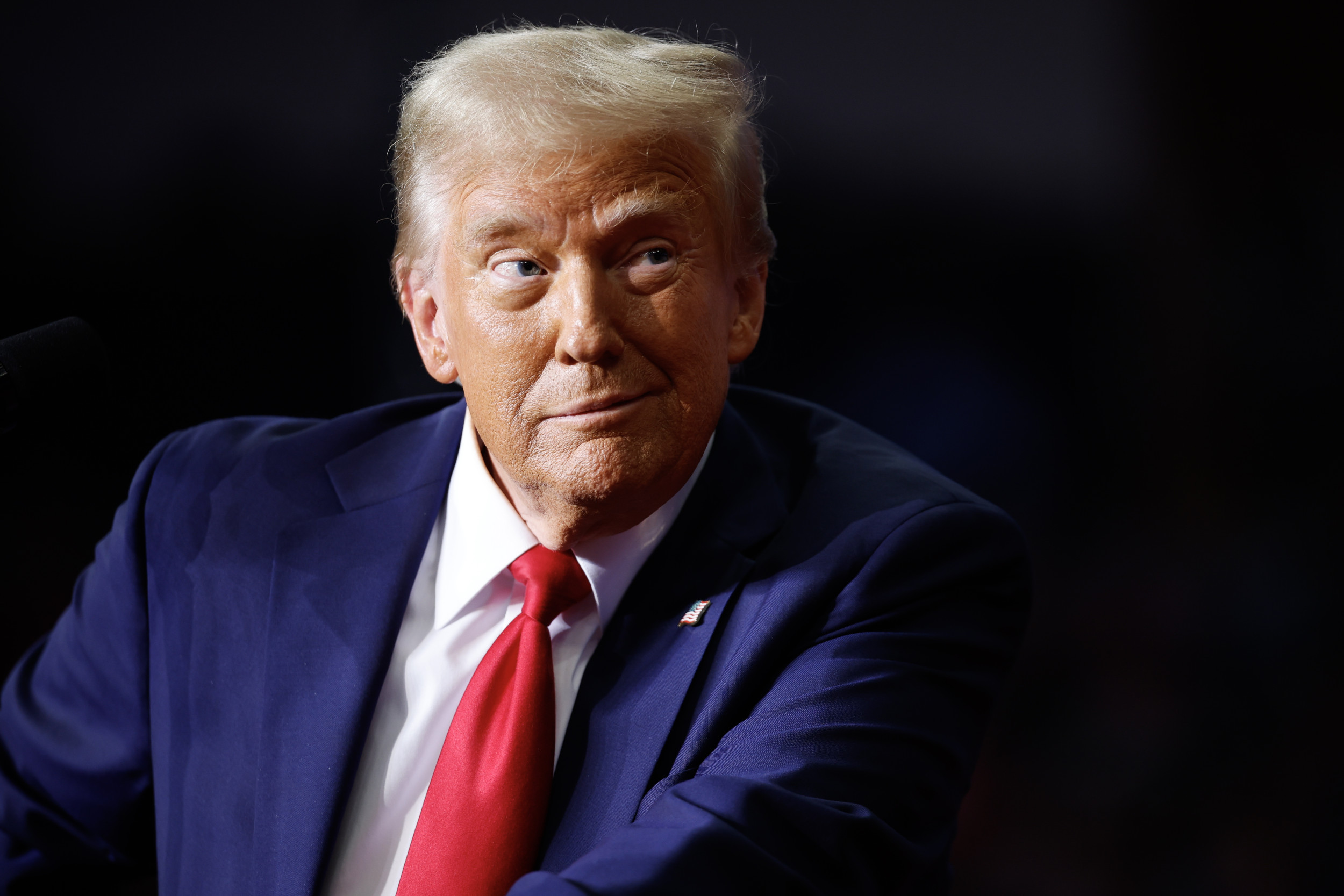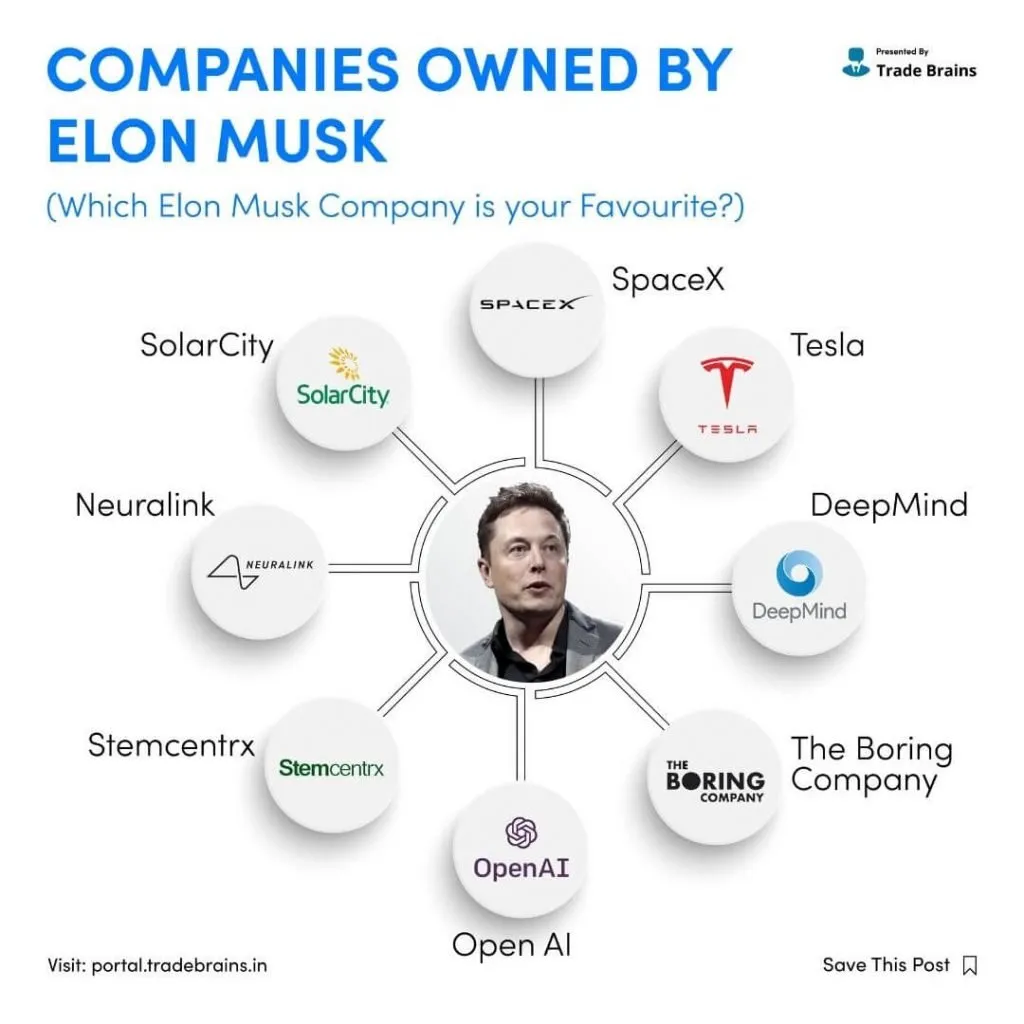COVID-19 Vaccines: A Potential Shield Against Long COVID

Table of Contents
Understanding Long COVID and its Symptoms
Long COVID, also known as Post-COVID-19 Condition or "long-haul COVID," is a complex condition affecting individuals who experience ongoing health problems weeks or months after a COVID-19 infection. The symptoms are incredibly diverse and can vary widely in severity and duration.
- Common Long COVID symptoms: Fatigue, brain fog ("cognitive dysfunction"), shortness of breath, chest pain, heart palpitations, loss of taste or smell, joint pain, muscle aches, gastrointestinal issues, and persistent cough.
- Impact on quality of life: Long COVID can significantly disrupt daily life, affecting work productivity, social activities, and overall well-being. Many individuals report needing ongoing medical care and experience substantial limitations in their daily activities.
- Strain on healthcare systems: The large number of individuals experiencing Long COVID places a considerable burden on healthcare systems, demanding increased resources for diagnosis, treatment, and long-term management of chronic COVID symptoms.
How COVID-19 Vaccines Work and their Impact on Viral Load
COVID-19 vaccines work by teaching the body's immune system to recognize and fight the virus. Different vaccine types utilize various mechanisms:
- mRNA vaccines: These vaccines introduce messenger RNA (mRNA) that instructs cells to produce a harmless piece of the virus, triggering an immune response.
- Viral vector vaccines: These vaccines use a modified virus (that cannot cause illness) to deliver genetic material encoding a viral protein, stimulating immunity.
Regardless of the type, effective vaccines significantly reduce viral replication, meaning less virus circulates in the body. This lower viral load is crucial. A reduced viral load translates to:
- Lower infection severity: Less virus means milder symptoms during the acute infection.
- Improved viral clearance: The immune system can more effectively eliminate the virus, minimizing the duration of infection.
- Stronger immune response: Vaccination fosters a robust and long-lasting immune response, offering broader protection against various COVID-19 variants.
Evidence Linking COVID-19 Vaccination to Reduced Long COVID Risk
Emerging research strongly suggests a link between COVID-19 vaccination and a reduced risk of developing Long COVID. Several studies have shown:
- Reduced risk of post-COVID-19 condition: Studies published in reputable journals like The Lancet and the New England Journal of Medicine have reported a significantly lower incidence of Long COVID among vaccinated individuals compared to unvaccinated individuals.
- Mitigation of symptom severity: Even if vaccinated individuals do develop Long COVID, their symptoms tend to be less severe and persistent than in unvaccinated individuals.
- Longitudinal studies and cohort studies: These studies, which follow individuals over time, provide compelling evidence supporting the protective effects of vaccination against Long COVID. Meta-analyses, combining data from multiple studies, further reinforce these findings.
While more research is ongoing, the accumulating evidence strongly supports the protective effect of COVID-19 vaccination in reducing the risk and severity of Long COVID.
Addressing Concerns and Misconceptions about COVID-19 Vaccines and Long COVID
Misinformation surrounding COVID-19 vaccines and Long COVID is prevalent. It's crucial to address these concerns with evidence-based information:
- Myth: COVID-19 vaccines cause Long COVID. Fact: There is no evidence to support this claim. On the contrary, evidence suggests vaccination reduces the risk of Long COVID.
- Myth: COVID-19 vaccines are unsafe. Fact: Rigorous testing and monitoring have established the safety and efficacy of authorized COVID-19 vaccines. While some individuals experience mild side effects (fever, soreness), serious adverse events are extremely rare.
- Myth: Natural immunity is superior to vaccine-induced immunity. Fact: While prior infection can offer some level of immunity, vaccine-induced immunity is generally more consistent and provides broader protection against various virus variants.
The Role of Boosters and Future Vaccine Development in Long COVID Prevention
Booster shots play a crucial role in maintaining protection against Long COVID:
- Maintaining immune response: Boosters help restore and enhance the immune response over time, providing ongoing protection against infection and Long COVID.
- Protection against variants: Boosters help broaden protection against emerging COVID-19 variants.
Ongoing research focuses on developing vaccines specifically designed to prevent Long COVID:
- Targeted vaccines: Scientists are working on vaccines that target specific mechanisms involved in the development of Long COVID.
- Future research: Further research will refine our understanding of Long COVID and optimize vaccine strategies for prevention.
Conclusion: Protecting Yourself from Long COVID with Vaccination
In conclusion, the evidence strongly supports the crucial role of COVID-19 vaccination in mitigating the risk of Long COVID. By reducing viral load and strengthening the immune response, vaccines offer a significant shield against this debilitating condition. Getting vaccinated and boosted, if eligible, is a crucial preventative measure. Protect yourself and your community by taking advantage of the protection offered by COVID-19 vaccination against Long COVID. Visit the CDC ([link to CDC website]) and WHO ([link to WHO website]) websites for more information on COVID-19 vaccines and Long COVID. Take control of your health and help prevent Long COVID through vaccination.

Featured Posts
-
 Podcast Production Revolutionized Ais Role In Digesting Repetitive Scatological Documents
May 29, 2025
Podcast Production Revolutionized Ais Role In Digesting Repetitive Scatological Documents
May 29, 2025 -
 Dont Miss Out Nike Dunks Sale At Revolve
May 29, 2025
Dont Miss Out Nike Dunks Sale At Revolve
May 29, 2025 -
 Joshlin Smith Case Leads Still Being Pursued Court Hears
May 29, 2025
Joshlin Smith Case Leads Still Being Pursued Court Hears
May 29, 2025 -
 Pakistan Crypto Council A 50 Day Journey Of International Growth
May 29, 2025
Pakistan Crypto Council A 50 Day Journey Of International Growth
May 29, 2025 -
 Arcane Infostealer A New Threat Infecting You Tube And Discord Users Via Game Cheats
May 29, 2025
Arcane Infostealer A New Threat Infecting You Tube And Discord Users Via Game Cheats
May 29, 2025
Latest Posts
-
 Suge Knight Wants Diddy To Testify A Plea For Humanization
May 31, 2025
Suge Knight Wants Diddy To Testify A Plea For Humanization
May 31, 2025 -
 From Crypto To Corporations Elon Musks Shift In Focus After Dogecoin
May 31, 2025
From Crypto To Corporations Elon Musks Shift In Focus After Dogecoin
May 31, 2025 -
 Russell Brand Rape And Sexual Assault Case Current Status And Next Steps
May 31, 2025
Russell Brand Rape And Sexual Assault Case Current Status And Next Steps
May 31, 2025 -
 Navigating Trumps Tariffs A Small Wine Importers Story
May 31, 2025
Navigating Trumps Tariffs A Small Wine Importers Story
May 31, 2025 -
 Dogecoins Dip And Musks Return To His Business Ventures
May 31, 2025
Dogecoins Dip And Musks Return To His Business Ventures
May 31, 2025
